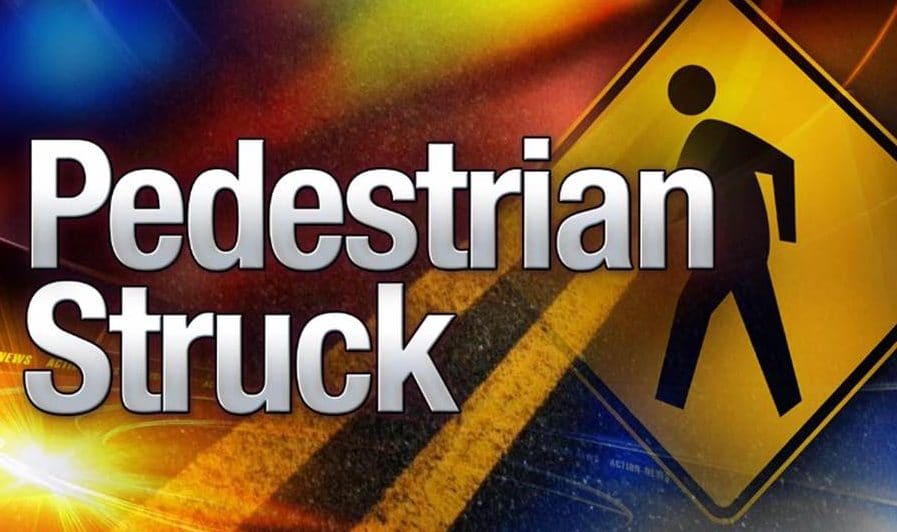Last Updated on February 4, 2015 2:33 pm
The National Highway Traffic Safety Administration has issued a recall of 2.12 million Acura MDX, Dodge Viper, Jeep Liberty, Jeep Grand Cherokee, Honda Odyssey, Pontiac Vibe and Toyota Corolla, Avalon and Matrix vehicles from model years 2002 to 2004.
The vehicles were subject to recalls in 2012, 2013 and 2014 that resulted from NHTSA investigations to address a problem with an electronic component that might cause airbags or seat belt pretensioners (devices that tighten your seat belt in a crash) to deploy when they should not.
NHTSA recently determined that a small number of vehicles that had been fixed under those recalls had experienced inadvertent airbag deployments, and the agency urged all three automakers to issue new recalls to implement a more effective remedy. The automakers have now done so.
Vehicles recalled:
2002-2003 Jeep Liberty and 2002-2004 Grand Cherokees (about 750,000 vehicles);
2003-2004 Honda Odysseys and 2003 Acura MDXs (about 370,000 vehicles);
2003-2004 Pontiac Vibes, Dodge Vipers, Toyota Corolla, Toyota Matrixes and Toyota Avalons (about 1 million vehicles, not all of which were sold in the United States)
How do I know if my car is being recalled?
First, get your vehicle’s Vehicle Identification Number, or VIN number. It’s a 17-digit string of numbers and letters that is printed on a small plate inside your front left windshield; you may also find it on your car’s registration or your proof-of-insurance card. Second, go online to safercar.gov/vin and enter your car’s VIN to see if it is under any current recall. Remember: You can enter your VIN and enroll for instant notices, by email or text, if your vehicle is recalled. You can also do all this with the SaferCar app, available for iPhone and Android phones.
What is wrong with these vehicles?
Each of these models has a part called an electronic control unit that controls deployment of its airbags. An auto parts maker, TRW, supplied control units containing the same control circuit to all three automakers. The defect can cause the airbag to deploy when it shouldn’t – that is, when there is no crash to trigger their deployment. That can cause injuries to occupants and, possibly, cause a crash.
Weren't these cars already recalled to fix the problem?
Yes. In 2012, 2013 and 2014, all three carmakers issued recalls because of this problem. Each carmaker said it would replace electronic control units that had been damaged, and prevent damage to intact control units by installing filters or wire harnesses designed to insulate the control unit from damage. The carmakers believed this would fix the problem, and it has in most cases. But all three have now found cases of inadvertent airbag deployments in vehicles that received the fix.
Aren't some of these vehicles also involved in the problem with Takata airbags?
Yes; about 1.2 million vehicles made by Toyota and Honda that are the subject of these recalls have also been recalled because a defect in their airbags may cause them to deploy with too much force, breaking apart the airbag mechanism and causing parts to fly at high speed into the passenger compartment. The fact that the electronic defect could cause an inadvertent deployment in airbags that may rupture and injure occupants means it is doubly important for consumers to get their vehicle fixed as soon as a remedy is available.
How will the new recall fix the problem?
Each carmaker has said it will eventually replace the control units in all the affected vehicles. But it is likely to take several months for the companies to get enough parts to fix all 2.12 million vehicles. In the meantime, it’s very important for vehicle owners to take their car in for the temporary remedy to protect the electronic control unit from damage. While it has not been 100 percent effective, this fix will significantly reduce the chances of an inadvertent airbag deployment that could cause injuries or a crash.
When will they fix my car?
It may take several months for suppliers to build enough parts to fix all of the more than 2 million cars affected. NHTSA will monitor TRW and the auto manufacturers to ensure that they are moving as quickly as possible to make their customers safer.
This sounds dangerous. Should I disconnect my airbags until my car is fixed?
No. Airbags are proven to save lives in crashes. Despite this problem, your chances of being involved in a crash in which an airbag could prevent serious injury or death are far greater than the risk of serious injury from an inadvertent airbag deployment.
I’m still not sure how this affects me. Who can I call?
For more information, or to report a possible safety defect, you can call NHTSA’s Safety Hotline at 1- (800) 424-9153



















